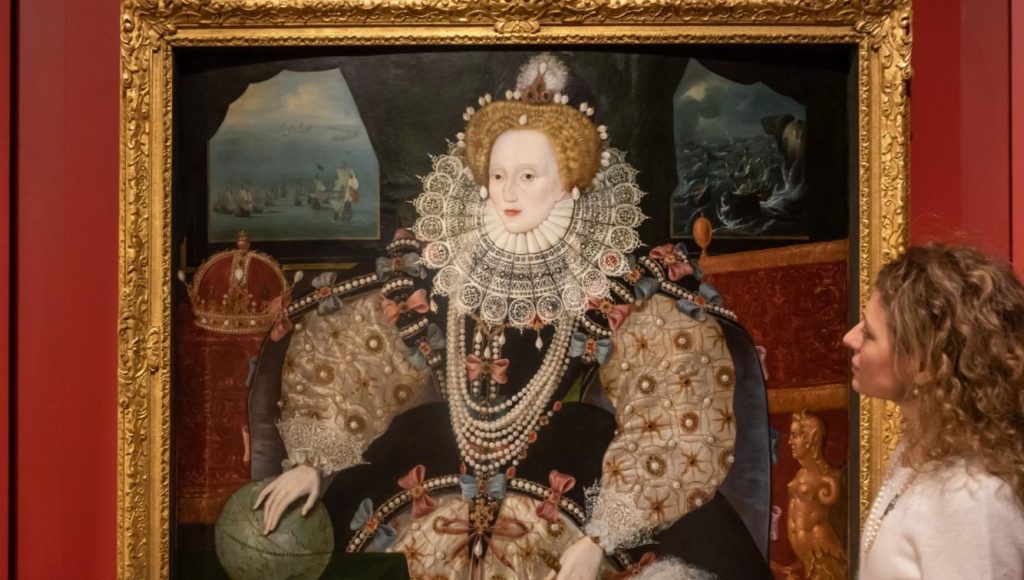
Throughout history, we’ve seen leaders who were brilliant strategists and skilled at warfare. But knowledge doesn’t always result in wise leadership. The wisest leaders are those who combine knowledge with empathy and sound judgment. These timeless pieces of wisdom from some of the wisest leaders in history will inspire you to be an effective leader in your own life. (Estimated reading time: 7 minutes)
“A leader is a dealer in hope.”
— Napoleon Bonaparte
As humans, we are born to be led. It’s an instinct that we share with other species, from lions, to wolves, to ants.
The most basic function of leaders is to ensure that their group stays safe, and each member fulfills their need to eat, drink, and procreate. But once those needs are met, their constituents look for a deeper form of guidance to meet their higher aspirations.
They look for leaders who can answer their heart and spirit’s calling – ones who can nurture a sense of community and belonging, as well as inspire them to seek purpose and meaning. True leaders understand this yearning and craft their words and policies accordingly.
The wisest leaders are visionaries who can paint the picture of a better and more just world and motivate others to become part of their movement. Their articulate and thoughtful ways inspire people to align their personal goals with those of the collective.
In this way, the wisest leaders elevate their people to the highest levels of prosperity beyond the material and power-driven criteria established by the masses.
Enlightened leadership: context matters

Throughout history, we have seen leaders who were brilliant strategists and skilled at warfare. They could expand their territory, improve infrastructure and accumulate riches, but what they left behind was a trail of destruction and devastation.
Notorious figures like Genghis Khan and Adolf Hitler displayed this ruthless type of leadership. While they did make some positive contributions, their reigns of terror overshadowed them.
Knowledge does not always result in wise leadership. No matter how well-versed leaders are in governance and tactics, their success won’t be lasting and impactful if they cannot execute that knowledge with insight, empathy, and sound judgment.
In their book “The Knowledge-Creating Company,” organization theorists Ikujiro Nonaka and Hirotaka Takeuchi discussed that most managers tend to rely on explicit and tacit knowledge— the type that can be measured, codified, and generalized.
According to Nonaka and Takeuchi, relying on knowledge alone is a disadvantage, both from a strategic and an ethical perspective. A scientific and theory-first approach does not consider context and seeks solutions that are predictive and universal.
All social interactions are context-dependent and require taking people’s values, goals, and interests into consideration. Most leaders fail to think about these nuances and subtle social undercurrents when designing policies and offering direction.
“They will have to see what is good, right, and just for society while being grounded in the details of the ever-changing front line,” writes Nonaka and Takeuchi. “Thus, they must pair micromanagement with big-picture aspirations about the future.”
Practical wisdom: have vision and perspective

The wisest leaders are those who combine tacit knowledge with practical wisdom. This awareness is acquired through experience and enables people to make decisions grounded in reality and guided by morals and values.
We can trace the origins of practical wisdom as far back as Ancient Greek civilization, an era with one of the richest cultural histories. The foundation of Western civilization flourished under the tutelage of great personalities and leaders like Pericles, Alexander the Great, Demosthenes, and Cleisthenes.
Aristotle, a philosopher and scientist from this era, guided leaders such as Alexander the Great. He identified three different types of knowledge:
Phronesis: practical wisdom, which he defined as “a true and reasoned state of capacity to act with regard to the things that are good or bad for man.”
Direction: “know-what-should-be-done” – “I know what a good car is and how to build it.”
Episteme: a principled system of understanding / universally valid scientific knowledge.
Direction: “know-why” – “I know the type of car my customers need and why it’s important to them.”
Techne: skill-based technical knowledge.
Direction: “know-how” – “I know how to make a car.”
A wise leader can combine these three types of knowledge and use them to determine the most suitable approach in any given situation and take the best action to serve their community and the common good.
The Greek statesman and general, Pericles, is an excellent example of this type of leadership. His time as leader is referred to as the Golden Age of Athens – a time when democracy flourished, and there was an explosion in philosophy, art, and literature.
Pericles’ ability to put rationality above all else as he applied the three types of knowledge in his rulership contributed to his success. He was able to think for himself and focus on the best outcome for the people of Athens. He didn’t allow the emotions and furor of his passionate subjects to cloud his judgment.
Through Pericles, we get a sense of what wise leadership looks like. As one of the wisest leaders in history, he shows us the qualities we need to embody to lead people from a balanced and rooted place.
Role models of wise leadership: guiding lights in the dark
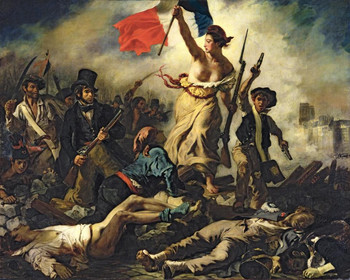
Being in a position of power reveals who you are. Wise leaders don’t take that privilege for granted and use it to make a difference. Some leaders in history were so iconic that their names and leadership styles influenced others for centuries and contributed to shaping the modern world.
You don’t have to be in a leadership role to benefit from the examples they have set. Each of us is a leader in our own lives. Following these principles will help us level up in every way.
Here are timeless pieces of wisdom from some of the wisest leaders in history:
Nelson Mandela: “Real leaders must be ready to sacrifice all for the freedom of their people.”

Nelson Mandela always believed that being free was as much about personal freedom as it was about working for the freedom of others. Having spent a significant part of his life in prison, he dedicated his life to the struggle for equality and liberty.
Theodore Roosevelt: “I am only an average man, but I work harder at it than the average man.”
Theodore Roosevelt was known for his strong work ethic. He believed that your title is something you earn. Showing up and putting the work in earns the respect of others and inspires them to put in the work themselves.
Queen Elizabeth I: “One man with a head on his shoulders is worth a dozen without.”
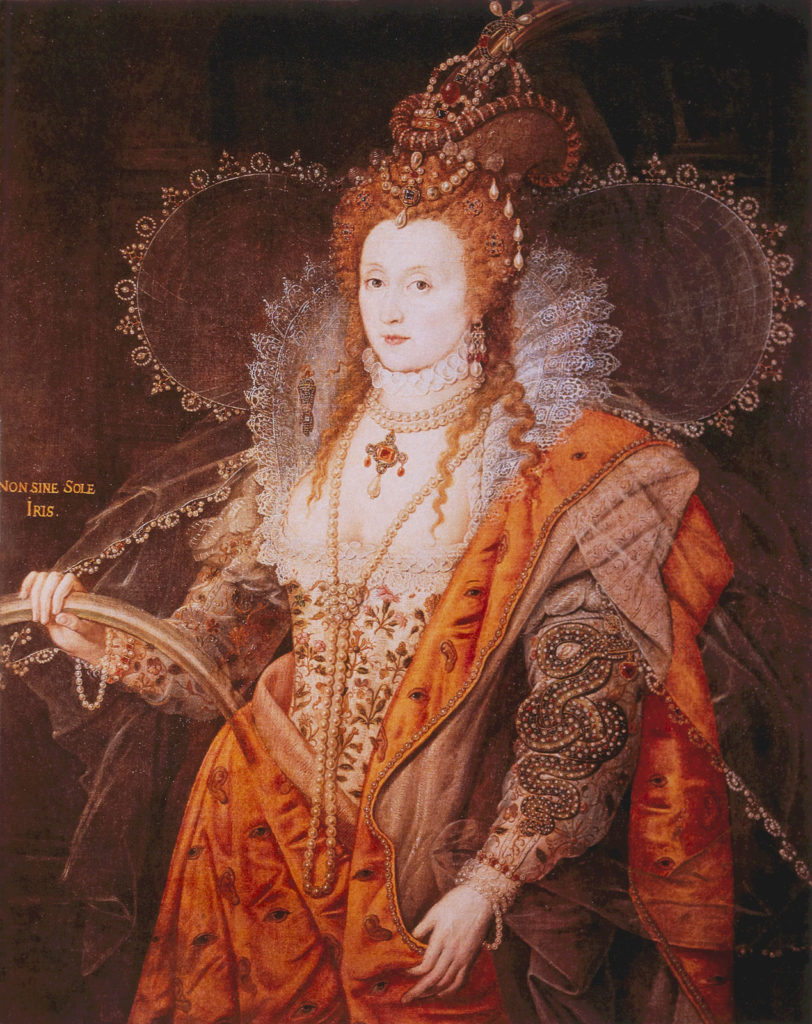
A natural leader is someone capable of making responsible and sound decisions. Unlike the majority who are swayed by emotions and irrationality, a true leader is sharp, shrewd, and intelligent.
Mahatma Gandhi: “Whenever you are confronted with an opponent. Conquer him with love.”
Most great leaders eventually conquered their opponents with love. Leaders like Mahatma Gandhi, who pioneered the idea of ahimsa (doing no harm) common to Buddhism and Hinduism, turned conquest into a nonviolent movement for mass action to win India’s freedom.
Abraham Lincoln: “Be sure you put your feet in the right place, then stand firm.”
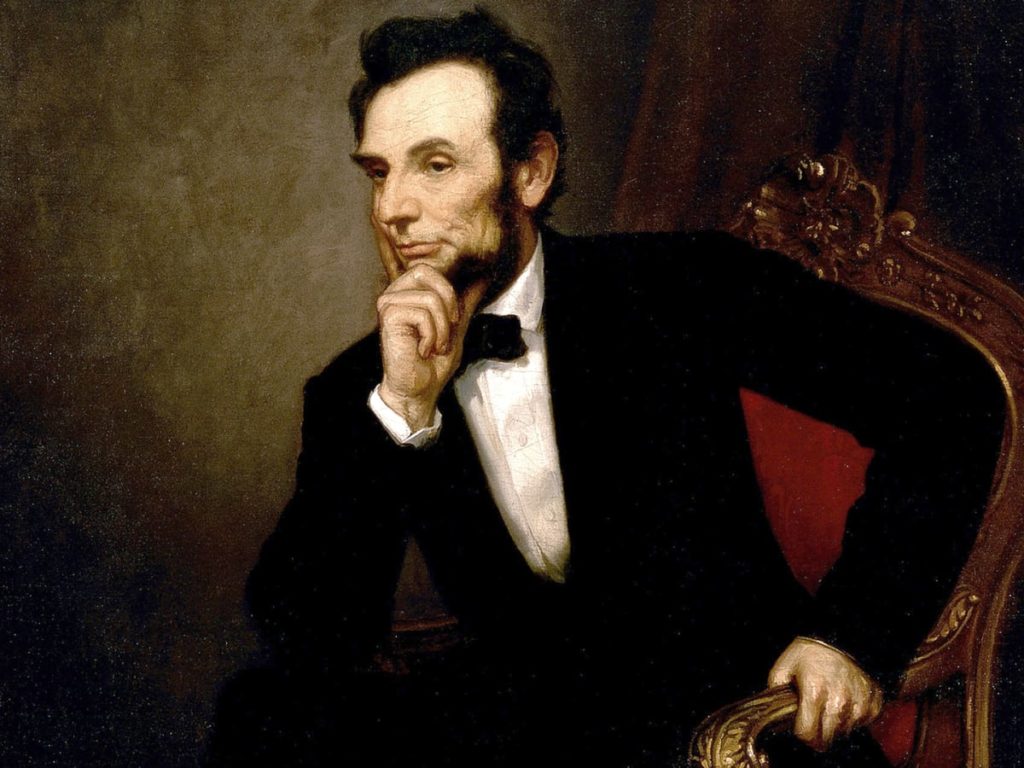
One of Abraham Lincoln’s greatest leadership traits was his strong sense of integrity and belief in his principles. He believed that having clear standards allows you to make more authentic decisions and focus on what matters most. When you have true conviction, you’re less likely to sway from your core beliefs.
Winston Churchill: “Courage is what it takes to stand up and speak; courage is also what it takes to sit down and listen.”
Winston Churchill, who is considered one of the best orators of all time, was outspoken and unafraid to express his thoughts. However, he knew that to be an effective and exceptional communicator, he also had to listen openly to others and take in what they say.
Hatshepsut: “My mouth is effective in its speech; I do not go back on my word.”
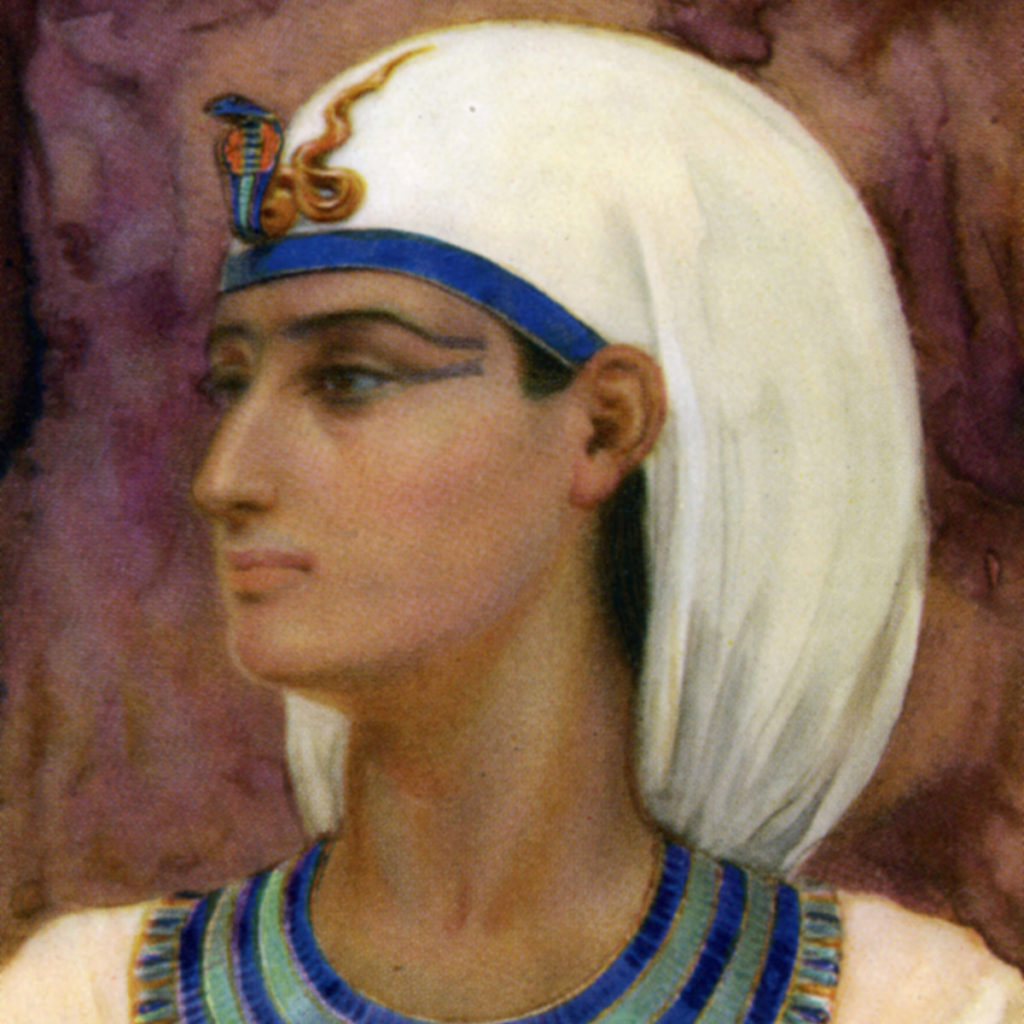
Hatshepsut, one of the few female pharaohs of ancient Egypt, was considered a grand ruler who achieved significant feats. One of her guiding principles was to stick to her commitments and keep her word. Leaders like her knew that if you don’t know you can deliver on your promises, you shouldn’t make them in the first place.
John F Kennedy: “Efforts and courage are not enough without purpose and direction.”
John F. Kennedy’s charismatic leadership style can be attributed to his sense of purpose and direction. He was able to articulate his vision for the future and inspire others to persevere through any difficulties.
Martin Luther King Jr.: “If you can’t fly then run, if you can’t run then walk, if you can’t walk then crawl, but whatever you do you have to keep moving forward.”
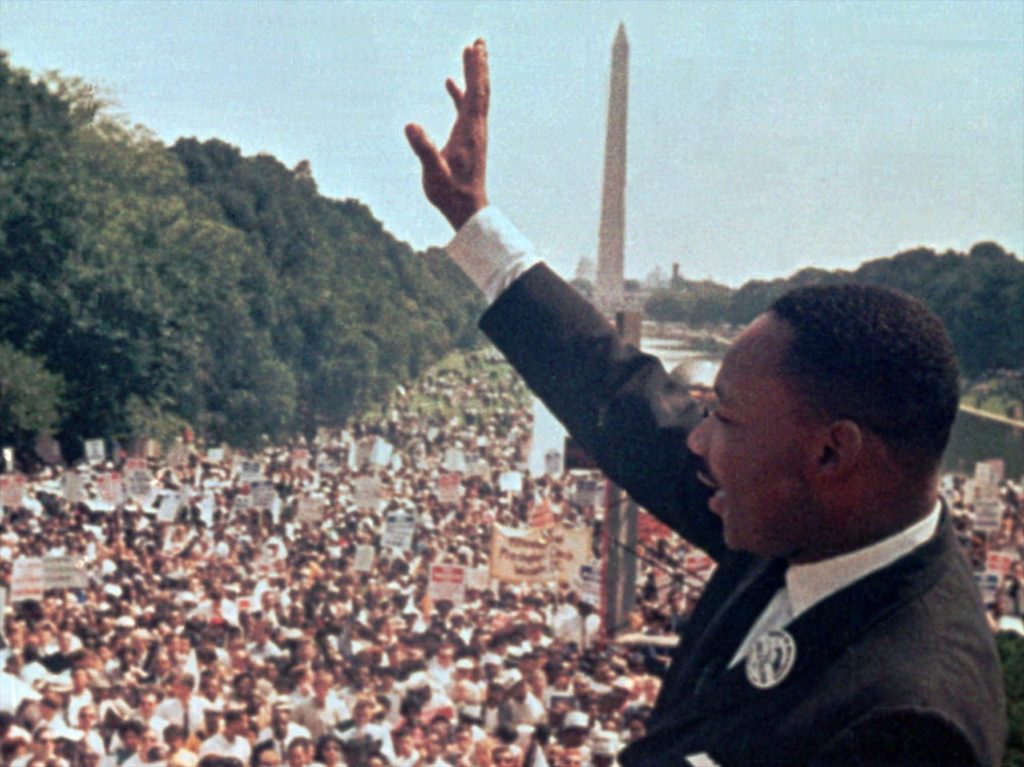
As a prominent leader of the civil rights movement, Martin Luther King Jr. created a legacy of perseverance and peace in the face of hate and injustice. No matter what obstacles he faced or how slow his progress was, he kept moving forward with his objectives in mind.
Leadership is ultimately a relationship—a relationship between a leader and their followers. People don’t follow someone because they have a title or status. They follow a leader because they feel seen, heard, and understood by them. That’s why wise leadership is always grounded in love and service.
All my best on your journey,
Seline

Question for you: Which of the wisest leaders in history inspires you the most? What about them do you find inspiring, and how has it impacted your life?
Did you like this post? Sign up below, and I’ll send you more awesome posts like this every week.

Have Your Say